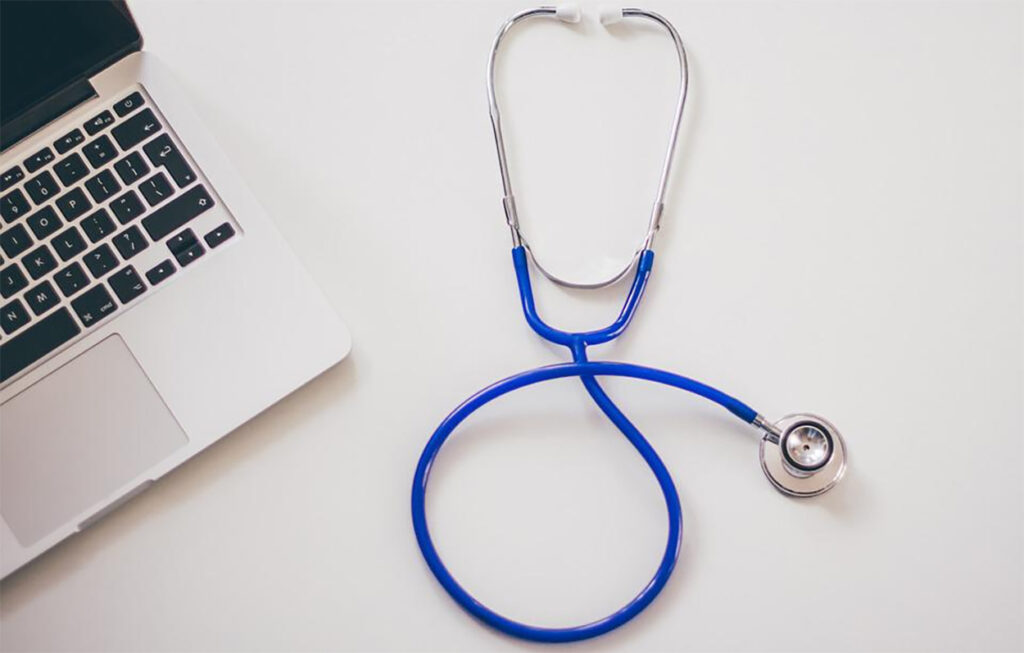How Artificial Intelligence Can Impact the Healthcare Sector
The healthcare sector is ripe and ready for significant changes. Whether it’s cancer and chronic diseases or risk assessment and radiology, there’s a seemingly endless well of opportunities to take advantage of technology for the deployment of more impactful, efficient, and accurate interventions at precise moments during a patient’s care.
With the demands of patients from medical providers, the evolution of payment structures, and greater data volume availability growing at a rapid rate, artificial intelligence has become one of the most prominent technologies poised for driving improvements across its continuum. To that end, we’ll cover how AI can impact the healthcare sector when implemented correctly.
Minimize the burden of using electronic health records
Electronic health records or EHRs are instrumental in the digitization journey of the healthcare industry. However, it’s also introduced a myriad of issues associated with user burnout, endless documentation, and cognitive overload. Because of this, developers have begun to use AI alongside cybernetics to build more intuitive interfaces while automating specific routine and time-consuming processes.
Many healthcare providers spend a considerable amount of time on order entry and clinical documentation, more than people realize. And with artificial intelligence, it’s possible to reduce the time and effort it requires to complete the work, enabling medical professionals to focus more on practicing medicine rather than tedious paperwork.
Making smart medical machines and devices
Smart devices have already taken hold of the consumer market, offering many things, from videos in real-time from various machines to vehicles that can detect obstructions. Within the medical field, AI-powered smart devices have become invaluable tools used for various purposes. One such purpose is patient monitoring.
With artificial intelligence, healthcare professionals are able to identify any deterioration or sense complications faster than they otherwise would have, significantly improving their ability to improve outcomes. In doing so, there’s a greater chance for patients to become healthy and even reduce their hospital costs.
Using EHRs as dependable risk predictors
EHRs can be a goldmine of data, but the timely, reliable, and precise extraction and analysis of the information has always been a challenge for developers and healthcare providers. Integrity issues, data quality, the mishmash of formats, incomplete records, and unstructured and structured inputs have all presented difficulties in understanding how best to use the data for clinical support and predictive analysis.
Artificial intelligence can make the data much easier to make sense out of and take the legwork out of it. Specific automated solutions can capture data, structured or otherwise, and transform them into actionable insights much quicker and with a greater level of precision so that medical practitioners can make good use of them.
Conclusion
As healthcare continues to shift away from the fee-per-service model, so too is reactive care being a thing of the past. Staying ahead of all the diseases, conditions, and health-related deterioration is every medical provider’s goal, and technological innovations like artificial intelligence are making it happen. With it, it may be possible to develop workflows enabling predictive and proactive interventions, ushering in an era of exciting breakthroughs and medical quality in the care of patients.


